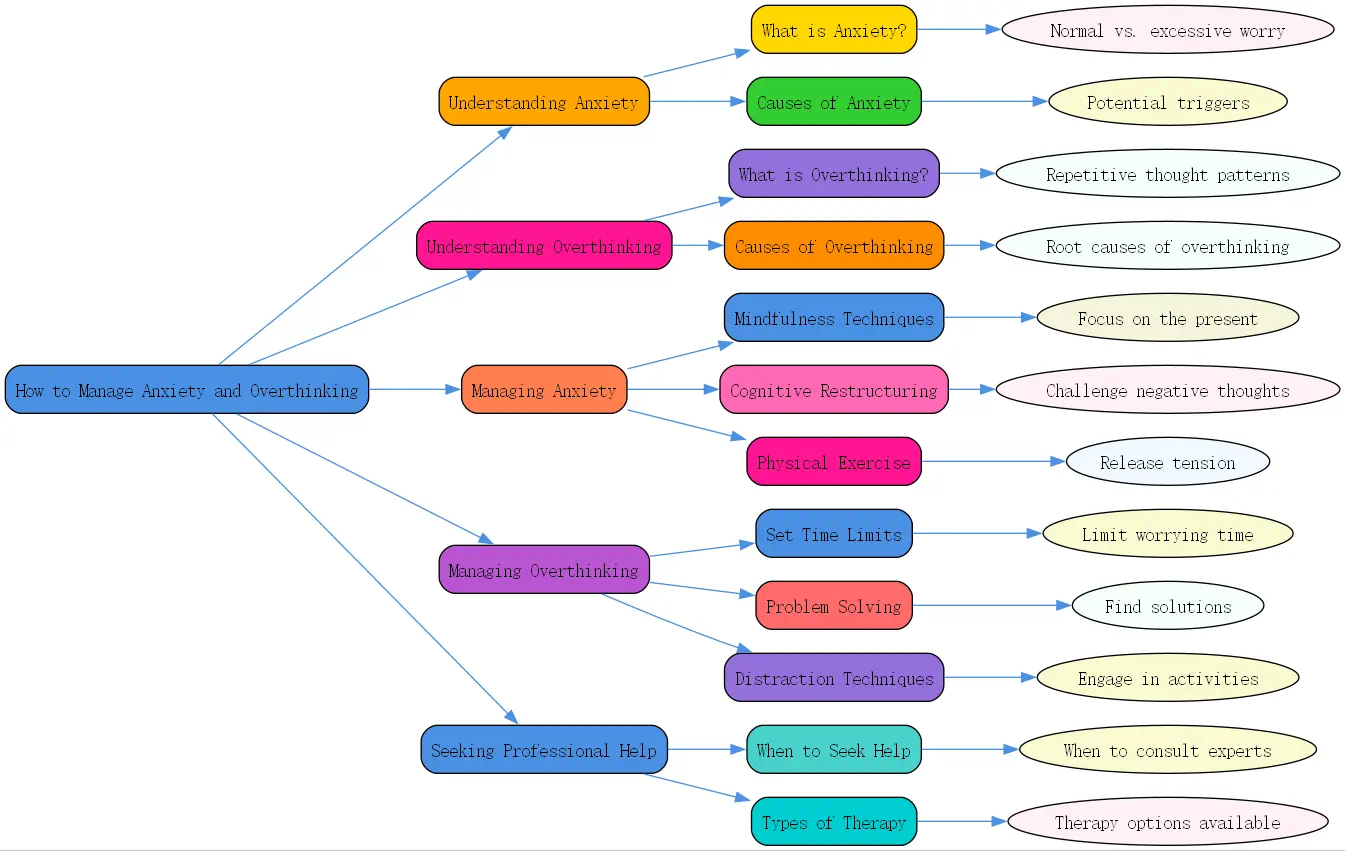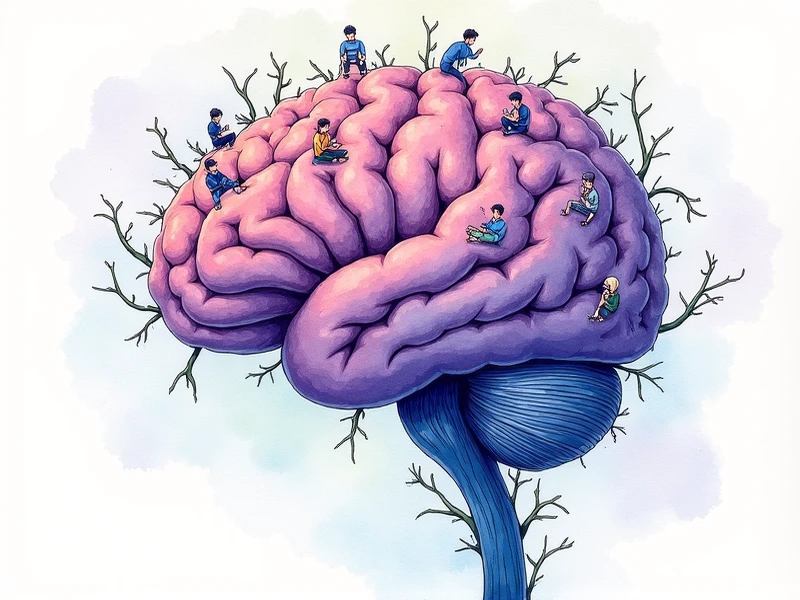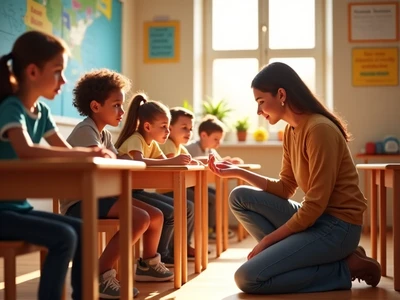How to Manage Anxiety and Overthinking in Teenagers: A Comprehensive Guide

Emotional turbulence is quite common during the teenage years, especially for those grappling with Attention Deficit Hyperactivity Disorder (ADHD). Managing such overwhelming emotions is crucial not just for the immediate calm, but for long-term emotional development.
Understanding Anxiety and Overthinking in Teens with ADHD
The Connection Between ADHD, Emotional Regulation, and Anxiety Teenagers with ADHD often struggle with emotional regulation, a key executive function that is typically delayed in such young minds. This delay complicates their capacity to manage and respond appropriately to intense emotions, thereby heightening their experiences of anxiety and overthinking.
Why Teens with ADHD Struggle with Overthinking ADHD introduces a unique set of challenges that can lead to overthinking. The impulsivity and hyperactivity associated with ADHD can cause teens to fixate on negative experiences or possible future scenarios, leading to a cycle of anxiety.
The Importance of Managing Anxiety and Overthinking Learning to manage anxiety and overthinking is crucial, as these can affect a teenager’s ability to function effectively at school and in social settings. Effective management techniques can foster resilience, ensuring teens lead healthier, more balanced lives.
Mindfulness Techniques for Managing Anxiety and Overthinking

Introducing the “”Movie Screen”” Mindfulness Technique A practical approach introduced by ADHD coach, Annie Aent, called the “”Movie Screen”” technique, involves visualizing emotions as scenes in a movie, thereby creating a distance from them and reducing their immediacy and impact.
How the Movie Screen Technique Helps with Emotional Regulation By objectifying emotions鈥攙isually placing them on a screen鈥攖eens can detach from their feelings, observe them impartially, and engage in more rational decision-making. This technique not only helps in immediate emotional regulation but also aids in the development of critical coping mechanisms for future stresses.
Step-by-Step Guide to Using the Movie Screen Technique 1. Identify the emotion and envisage it on a screen. 2. Use descriptive words to name and see the emotion. 3. Watch this emotion passively, observing its impact diminish over time.
Practical Tips to Manage Anxiety and Stress in Teenagers
Top 5 Mindfulness Practices for Teenagers 1. Mindfulness Apps: Engage with apps like Headspace that encourage regular mindfulness exercises. 2. Music Mindfulness Playlists: Compile a playlist of calming music that resonates with the teen’s tastes. 3. Creating Personal Mantras: Encourage teens to create and use mantras that affirm positivity and calm. 4. Intentional Breathing Exercises: Teach focused breathing techniques that provide immediate relief in anxious moments. 5. Mindfulness While Brushing Teeth: Link mindfulness practice with daily routines, like brushing teeth, to build consistency.
5 Ways to Make Mindfulness Meaningful for Teens 1. Start Small: Initiate mindfulness practice with short, daily sessions. 2. Emphasize the Benefits: Highlight how mindfulness can ease stress and improve focus. 3. Real-Life Examples: Share stories of successful people using mindfulness effectively. 4. Make it Social: Include family or friends in mindfulness sessions to make the practice more engaging. 5. Journaling and Coloring: Offer creative outlets like journaling or coloring to express emotions constructively.
The Science Behind Mindfulness and its Impact on Anxiety and ADHD
Ample research validates the efficacy of mindfulness in alleviating symptoms of ADHD by nearly 30%. These techniques also significantly reduce associated states of anxiety and depression, providing a more stable emotional ground for teenagers.

Long-Term Benefits of Managing Anxiety and Overthinking
Through consistent practice of mindfulness, teens can heighten their emotional maturity, gaining significant control over their responses to stressful situations. This empowers them to steer their lives more effectively, directing their emotional narratives rather than being swept away by them.
Additional Resources and Support
For further guidance on managing ADHD and associated emotional challenges, visiting BrainTalking’s comprehensive resource section or connecting with experienced ADHD coaches like Annie Aent can provide additional support and information, tailored to your teenager’s needs. Engage with these resources to transform knowledge into everyday wellness practices.
Q&A Section
Q: How often should mindfulness practices be integrated into a teenager’s routine for noticeable benefits?
A: For substantial benefits, mindfulness exercises should be practiced daily. Starting with short intervals, like 2-5 minutes, and gradually increasing the time can help build a sustainable routine without overwhelming the teenager. Consistency is key in seeing marked improvements in emotional regulation and anxiety management.





